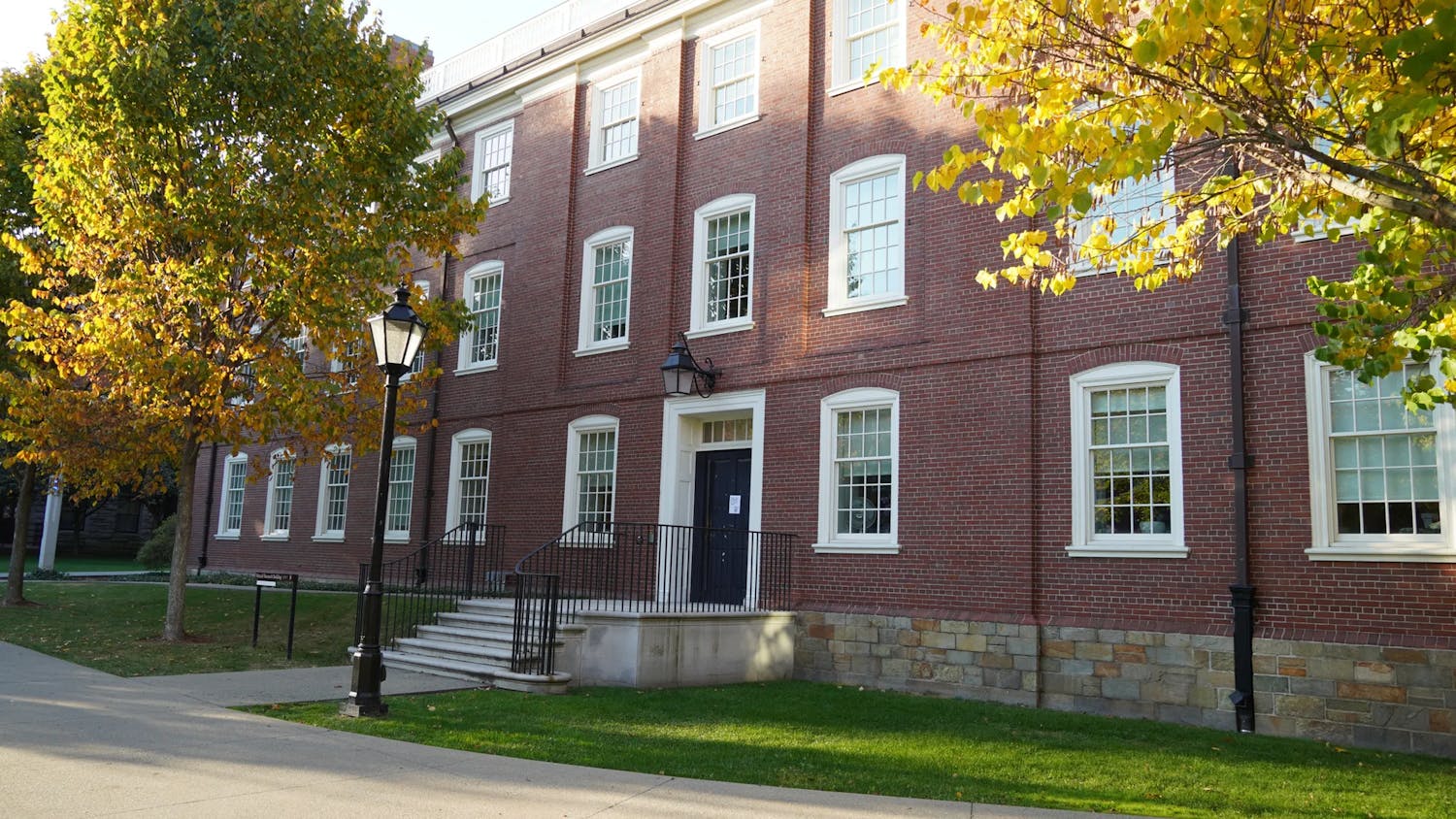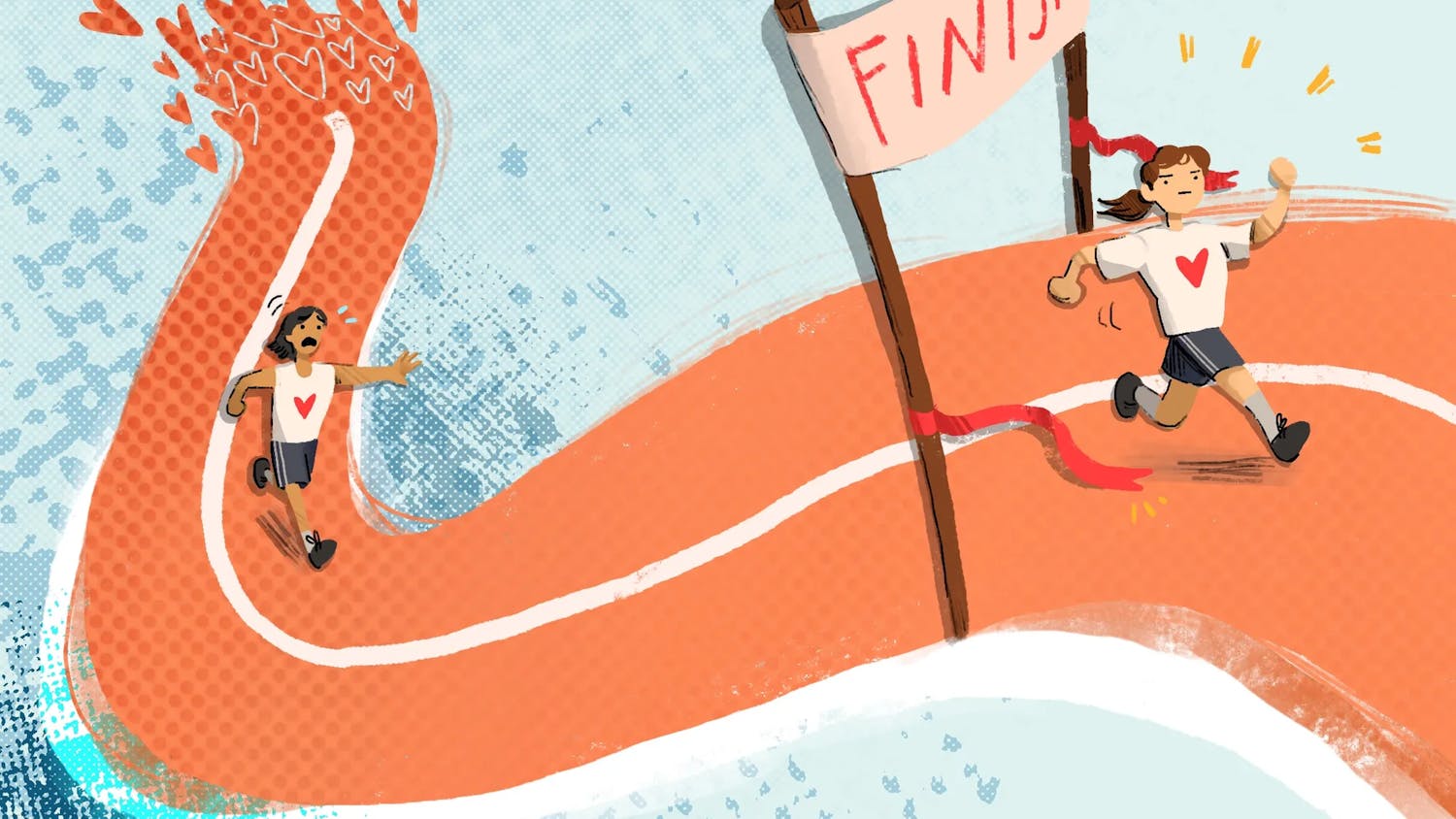On February 2, a bill was introduced in the Rhode Island House of Representatives that would eliminate criminal penalties and prison sentences for small-scale marijuana possession and replace them with a $150 fine.
Decriminalization of marijuana at the state level is a good initial step in the overall reform of drug policy, but it does very little to correct the colossal market failure that the current "War on Drugs" has wrought. By continuing to treat cannabis production and consumption as punishable offenses at all, the state government forgoes vital tax income and quashes the formation of legitimate sources of employment during a time of fiscal and economic crisis.
Decriminalization by itself is likely to yield some savings for the Rhode Island state government. However, even decriminalization proponents admit that these savings would be modest — estimates range from $232,000 to $3 million out of a state budget deficit of over $400 million. Full legalization carries with it the ability to generate state revenue through sin taxes as well as the ability to create jobs and taxable income. If legalized and regulated, cannabis could serve as a desperately needed engine of productive wealth creation. A legal marijuana production sector would put money in the hands of law-abiding citizens and would deprive those who operate within the violent black market of their massive profit margins.
Furthermore, legalization would allow the state government to eliminate expenditures on the enforcement of marijuana laws altogether. In a 2005 paper, noted Harvard economist Jeffrey Miron calculated that complete legalization would save the Rhode Island government over $21 million in enforcement and legal costs, and generate an additional $4.6 million in tax revenue. However, the reduction in enforcement costs only takes into account arrests for charges directly related to cannabis, not the costs attributable to other crimes caused by the existence of the black market. Thus, the real savings would likely be much higher.
Obviously, this is a much larger issue than that of Rhode Island's fiscal woes; if it weren't, then marijuana legalization would be enacted simply on the merit of being good economic policy. In essence, arguments over marijuana legalization represent not an economic debate, but a conflict between those who see drugs as a matter of personal responsibility, and those who see the image of the abominable drug addict, an image created during the xenophobic tide of the 1930s and enshrined in law by Richard Nixon's psychotic political paranoia.
The prevalence and influence of this image give rise to a circular rationality wherein the negative consequences of drug prohibition are used to justify its continued existence. The expectation that drug users will engage in delinquency molds the formation of drug policy such that the expectation creates the reality.
Indeed, this cycle is salient in the opposition to the current decriminalization bill. The state Attorney General's office official Matthew Dawson was quoted by the Providence Journal as stating that marijuana users "don't have the ambition or the desire to contribute to society."
This obtuse view is countered by the fact that Barack Obama, Bill Clinton, Michael Bloomberg and Sarah Palin have all admitted to using cannabis at some point in their lives, and have all — except arguably in the last case — made significant contributions to society. Ironically, Claiborne Pell, the namesake of a federal higher education grant that can be revoked over a drug conviction, also admitted to past cannabis use.
An unsettling truth about the nature of the economic consequences of cannabis prohibition follows from this amusing fact. While prohibitionists often base their views on the rhetoric of rescuing people from themselves, the policies that they implement curtail the ability of drug offenders to develop their own human capital through higher education. Moreover, the criminalization of marijuana and the recording of drug arrests ensure that a single act can become a lifetime flaw in the eyes of potential employers. Thus, offenders are stigmatized and alienated from the overall economic structure, thereby perpetuating their involvement with drugs by encouraging their reliance on the parallel economic structure of the black market.
This process is one of many ways in which the federal government, as preeminent economist and Nobel laureate Milton Friedman put it, "enforces a drug cartel." The prohibitionist rationale employs the existence of the violent black market as a justification for the massive infringements on personal freedom that the drug war has brought about. But the black market exists only because the current state of drug policy prevents the legitimate private sector from occupying the cannabis industry. Decriminalization solves many — but far from all — of the problems caused by prohibition, but under marijuana legalization, disputes among marijuana producers and sellers would be solved by price wars, not turf wars.
While the state of California only toys with the idea of real legalization under the threat of complete fiscal collapse, Rhode Island has the potential to take a revolutionary step through complete legalization.
Hunter Fast '12 is an economics concentrator who does, in fact, understand the difference between a million and a billion.




